The detrimental effects of animal proteins have been recognized with the process of stone formation. A direct relationship of animal protein intake with a specific population has been found. Saudi Arabia has 10% and 50% more kidney stones than the United States and Europe due to the use of extra animal protein. It is recommended to drink plenty of water to prevent frequent kidney stones. A quarter of a liter of coffee or tea can reduce the risk of kidney stones by 10%, while equal amounts of wine and beer reduce the risk by 50% and 40%, respectively. Grapefruit juice also increases the risk of kidney stones by 40%. Excessive stress increases the risk of stone. It is said that during stress, the hormone vasopressin is secreted in excessive amounts.
Recommended to avoid stone
Some important recommendations are made to reduce the risk of calcium stones. In fact, it is important to have a balance between the acidity and the alkalinity of the urine. When the balance is normal, the stone-forming substances are dissolved in the urine, not over-saturated.
Drinking water or beverages: Those who already have calcium or uric acid stones need to drink at least 10 glasses of fluids daily. Half of this liquid must be water. You need to consume more than 4.5 liters of water per day to protect yourself from cystine stone. It is recommended to take this water at regular intervals day and night. Getting enough water or fluids after extra work and stress can get rid of all kinds of stones.

Mineral water, which contains calcium and magnesium, eliminates the risks involved in the formation of calcium and acid stones. If enough water or liquid can be taken, the color of the urine will not be thick yellow but transparent like water.
Potassium intake: Calcium stone is associated with potassium intake.
Soft drinks: Cola drinks drastically reduce citrate levels in the urine.

So get rid of them. Phosphoric acid in many soft drinks also increases the risk of stone formation.
Grapefruit juice: Multiple studies have shown that drinking grapefruit juice increases the risk of stone formation.

Salt: Eating too much salt increases the amount of calcium in the urine. So those who have calcium stones need to rush to eat salt.

Milk: Calcium from food (e.g., dairy foods) basically protects against calcium oxalate stones. In fact, calcium binds to food oxalates to prevent them from being absorbed into the bloodstream and excreted in the urine.

However, calcium can be controlled in patients with calcium stones who have excess calcium in their urine and who are not at risk of osteoporosis.
Purine: High levels of purine can increase uric acid levels in the urine. So those who are at risk of having uric acid stones should eat less purine rich foods.
Protein: Increases protein, uric acid, calcium and oxalate levels in urine and lowers citrate levels. They can produce more acid because animal proteins contain more sulfur than vegetable proteins.

However, there is less risk of stone formation in low or normal protein intake. So it is better to take animal protein in moderation.
Those are beneficial
Lemon juice: 1/2 cup of fresh lemon juice daily increases the level of citrate in the urine and protects against the formation of calcium stones.

Phytate: The phytate (inositol hexaphosphate) compound in granular grains and soybeans prevents the crystallization of phosphate and oxalate in calcium salts. Phytate is found in high-fiber diets. In fact, any fiber is beneficial in protecting kidney stones.
A few food sources
About 60% of the calcium required for a normal and healthy diet comes from dairy foods. Other food sources of calcium are seafood such as beans, soybeans, sesame, poppy seeds, curry leaves, crabs or shrimp. Purines are found in beer and other alcoholic beverages, yeast, meat of various organs (e.g., kidney, liver), legumes (e.g., beans, peas, soybeans), mushrooms, spinach, asparagus, cauliflower, poultry meat, etc. Beets, black tea, chocolate, cocoa, figs, black pepper powder, any type of nut, parsley, poppy seeds, spinach, eggplant, potato, capsicum, black grape, tomato, chocolate, etc. have high levels of oxalic acid. On the other hand, beans, black berries, carrots, celery, coffee (roasted), raw onions, oranges, strawberries, sweet potatoes, etc. contain medium quality oxalate.
Thanks to everyone for reading this article

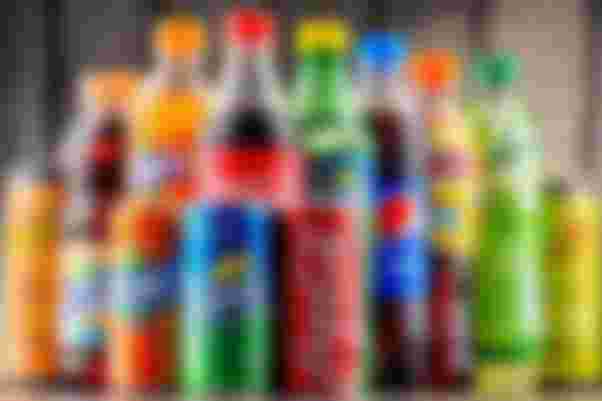
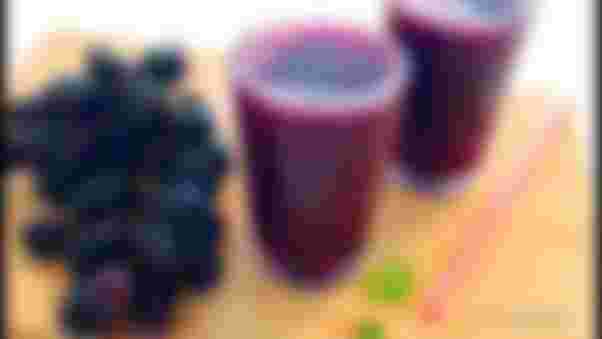

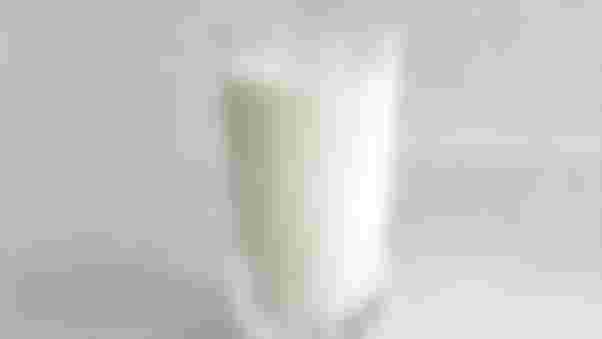
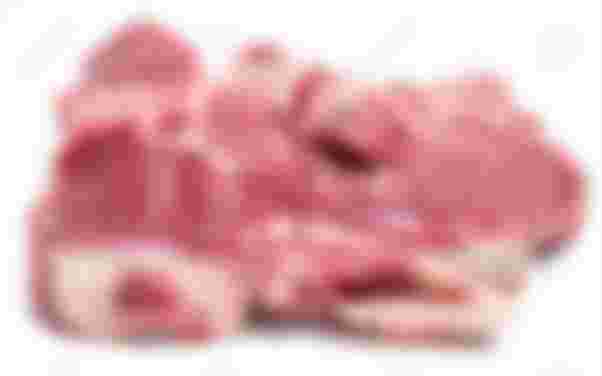
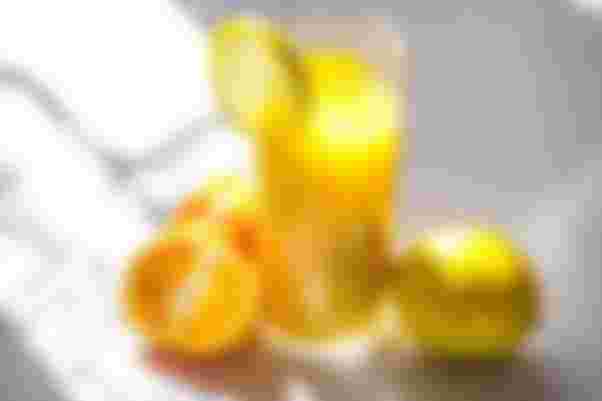
Kidney stone is a very dangerous disease affecting people nowadays but with proper care many people will not become a victims